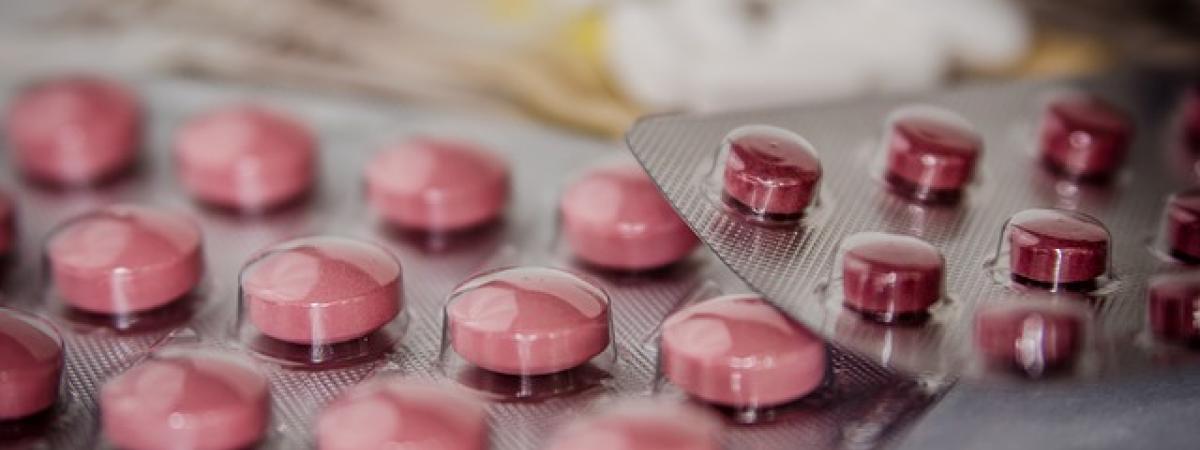Everything you need to know about iron tablets
published in Reader's Digest,
03 September 2015

Iron tablets can improve feelings of tiredness and lethargy in anaemia, and can be essential to mother and baby during pregnancy. But why are they under-used?
How they work
Iron tablets raise blood levels of iron in anaemic patients, it is essential for the production of haemoglobin, which transports oxygen around the body.
Iron levels might be low due to:
- chronic blood loss (perhaps due to menstruation, haemorrhoids, colon cancer or a stomach ulcer)
- increased iron demand (during pregnancy)
- inadequate dietary intake (especially in countries where more rice and less meat is eaten, or in babies with overlong persistence on a milk diet)
- inadequate iron absorption (perhaps after stomach surgery or in coeliac disease).
Not all anaemia is treated with iron
Iron deficiency anaemia is only one type of anaemia: it can also be due to vitamin B12 or folic acid deficiency, depression of bone marrow function (caused by drugs, radiation or leukaemia) or increased destruction of red blood cells (common in malaria and sickle cell anaemia).
A blood test is essential to diagnose the type of anaemia, or even the existence of anaemia as it often has no symptoms. If iron deficiency is detected, iron-rich foods such as red meat, liver, lentils and green vegetables are recommended.
Iron supplements are usually given in tablet form, though can be injected if necessary. Side effects include stomach pain, nausea, constipation and diarrhoea, though these can be reduced by switching to a different type of iron tablet, reducing the dose or taking the tablet after food. Iron tablets should be stored out of the reach of children, as they have been mistaken for sweets, and overdoses have been fatal.
Iron tablets are often taken during pregnancy
Pregnancy can increase iron requirements by up to 10 times due to demands of the foetus, increased blood volume in the mother and blood loss at delivery. Iron deficiency is thought to affect up to 56 million pregnant women globally, especially in Asia and Africa.
In severe cases it can be fatal, and it is also associated with pre-term delivery, small birthweights and delayed physical and mental growth of the baby.
As a result, many women take iron supplements even when planning a pregnancy. However, in the countries where it is most needed, iron is often not taken, despite national iron supplementation programmes in countries such as Vietnam, Cambodia and the Philippines.
This may be due to a lack of education or funding, but is most likely to be driven by the fear that iron tablets can increase the risk of malaria, since the malaria parasites seem to need iron to grow.
Iron supplementation must then only be given alongside malaria prevention strategies: a trial in Ghana showed the success of such a dual programme.
New ideas about iron
Iron has been very much in the news recently: an iron-shaped fish, designed to be added to the cooking pot to release iron into the water or soup, has been designed for use in Cambodia; whilst studies at Oxford University are investigating whether iron injections can help people with lung disease. In iron research, as in the blacksmith’s workshop, there are indeed ‘many irons in the fire’.
